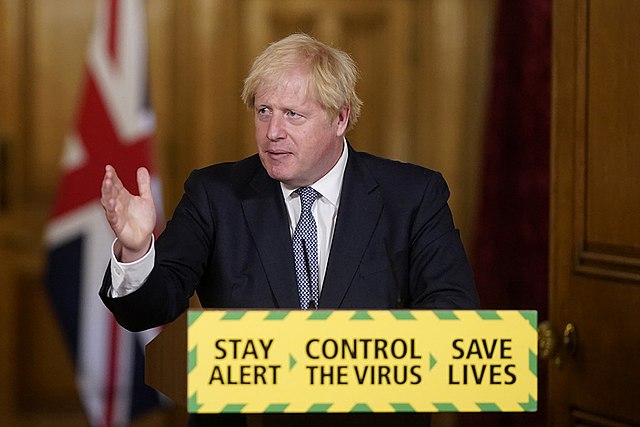When I was 17 I went to study and lived away from home, sharing a flat with three other girls in Salamanca. It was the first time I left my parents’ home and the first time I was sharing with people I didn’t know previously. When I was 22, I migrated to Germany and was living with a family I didn’t know either. At 23, I migrated again, to Ireland this time. I’ve been living on this island for more than seven years and have had to move out at least seven times, always sharing with different people who came in and out. During these years I also lived for a short time in Scotland, once again sharing with strangers. I have lived with many different people from different countries. I’m still in touch with some of them, but most of them, as soon as they moved out and left their keys behind, have disappeared from my life. I’ve also left many keys and disappeared from many other lives.
In less than two months I’m about to be 30. Although when I was younger I thought I would be adventurous and meet as many people as I could, the truth is that right now all I want is to have my own space. My priorities and needs are changing as I’m maturing and that’s fine. But in all these years I have never been able to even consider renting something for myself, as my salary does not allow me to do so. I don’t ask for much: a room, a kitchen, a bathroom, a living room where I can keep my books (if possible on shelves and not piled up in the corners I find in my room or under the bed), my paintings and, if I could, a small balcony to have my breakfast and some plants. That’s it. I’m not even talking about buying a flat for myself, an unattainable project. Sadly, I would not even be considered for a mortgage, neither in Ireland nor in Spain.
Living together as precarious single women
On reflection, the impossibility of accessing my own shelter is related to several factors: housing as a market product and not as a basic fundamental right, the resistance of governments to not to regulate rental prices, the excessively expensive standard of living, and salaries that are not enough to be able to have an independent life, especially for those of us who work in the feminised, and therefore most precarious, sectors.
It is devastating that in our thirties and even forties we have to continue sharing flats with strangers because we cannot afford to rent our own space. Now the media has created a new language to disguise the reality of this precariousness and how the housing market exploits this situation, they call it co-living. When I explain this personal and social concern to my friends and family the answer is always the same: wait until you have a partner, then you can have your own space.
But my question is, why does society punish us for not having a partner? A relationship should not be the glue you need to keep your life stable and secure. A relationship should be two people (or more in the case of polyamorous relationships), financially independent, who decide in their freedom to create a path together and share their life. But there can be no freedom and independence without the material conditions for this, which is why capitalist society forces us into relationships for the sake of our economic survival, especially for the most precarious workers. Many abusive relationships occur precisely for this reason: women, even if we work, are generally in more precarious financial situations than our male partners (in heterosexual relationships) and because of that abused women cannot leave the family home as they do not have economic independence. In 2021 we are still not fully emancipated.
Many authors have already written about this concept of singleness, female emancipation, and capitalism- from Flora Tristan to Rosa Luxemburg to Alexandra Kollontai to name a few historical examples. In her book Autobiography of a Sexually Emancipated Woman, first published in 1926, the Russian Communist revolutionary Kollontai argued that we must invent another way of relating to each other and change the sex-affective dynamics that we repeat almost unquestioningly under capitalism. More recently, in Why women have better sex under socialism? (2018) anthropologist Kristen Ghodsee outlines why “unregulated capitalism is bad for women and if we adopt some of the ideas of socialism, women’s lives will improve. […] socialism encourages economic independence and improves working conditions, work-life balance and, yes, even sexual relations”. Starting from the fact that capitalism cannot be regulated since it is a system that bases its wealth on the exploitation of labour and natural resources, if we want to have real emancipation of women and all those who do not fit into the heteropatriarchal binary system, we must overcome capitalism.
As long as society continues to live under capitalism, patriarchal, sex-affective relationships will follow an abusive pattern and we precarious single people will continue to be unable to have a space for ourselves. It is not only capitalism that prevents us from economic emancipation, but also from emotional and personal independence. In this patriarchal society, we, single women, are seen as broken, incomplete, demanding, grumpy and many other adjectives basically amounting to “there’s something wrong with you”. In my opinion, the natural state of any person is singleness, having a romantic and healthy relationship would be when we freely (emotionally and economically) decide to form and create it, being just another stage of your life, rather than the “beginning of the rest of your life”. In order to break with the status of capitalism that forces us to have a partner to be able to emancipate ourselves, we need policies on our side that facilitate access to housing, whether you are single or in a relationship, as well as policies that prevent the precariousness of feminised labour sectors.
My life projects do not include having a partner, for me, it’s not a goal to achieve. I would like to keep studying and training in my profession, be able to speak the languages I am passionate about, continue my learning in my political interests, master oil painting techniques, or write a book; these are some of my goals. If I meet someone and we want to have a relationship sharing our life for as long as it takes, welcome, it’s not an idea I resist. But since it’s not a goal in my life, why do I know that I will not be able to afford my own home being single and precarious? My life, as I have already said, is not going to start if I get married: I am already living my life. And as such, I want the right to my own space.
Nerea Fernández Cordero is the speaker of IU Exterior. This article was first published in Spanish in Nueva Revolución. Reproduced with permission.



